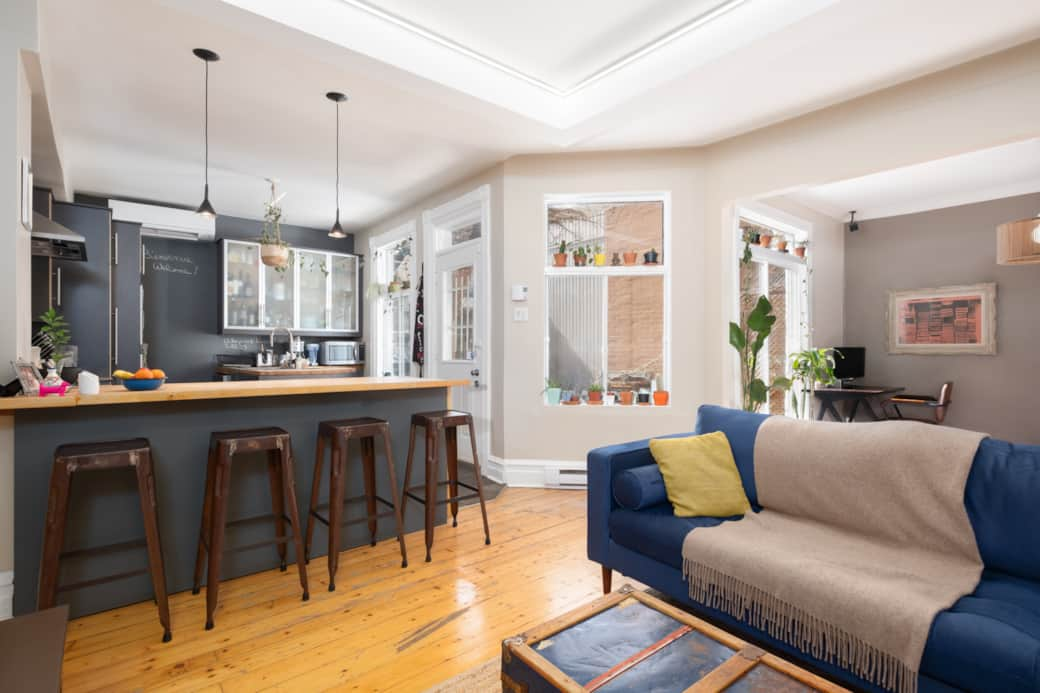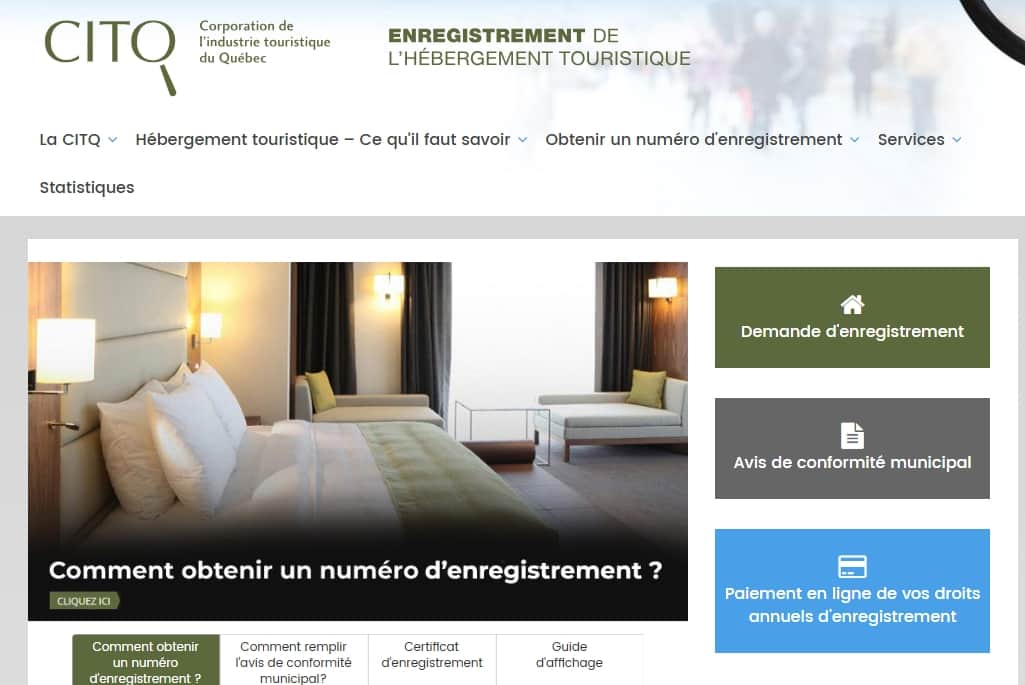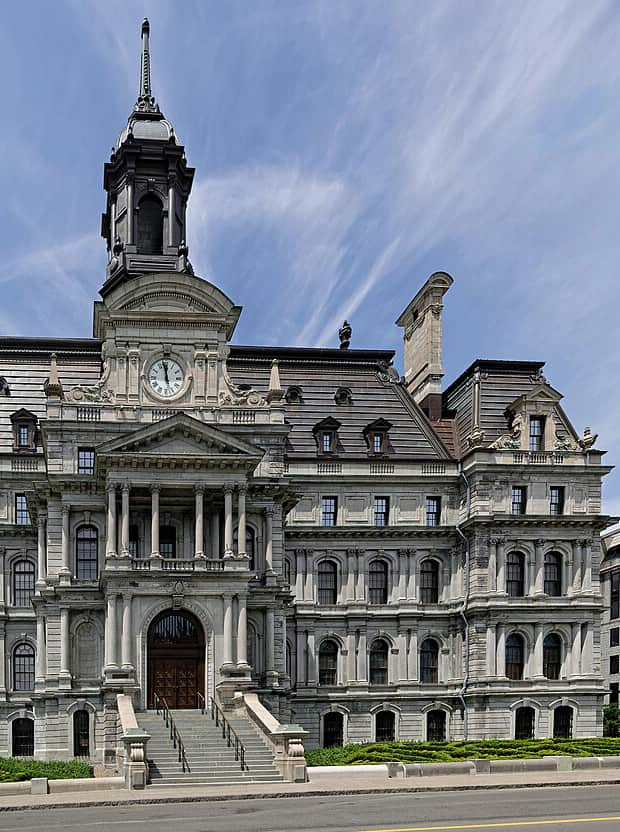Simplify your short-term rental in Montreal
Bénoline supports you with proactive management to simplify the steps related to the new June 2025 regulations. Contact us to discuss.

June 2025
As of June 2025, regulations on short-term rentals (Less than 31 days) in Montreal have been reinforced to balance tourism and residential housing availability. Whether you're renting out a condo in the Plateau-Mont-Royal or a bed & breakfast near Jean-Talon Market in Little Italy, respecting these rules is crucial to avoid heavy fines and legal issues.
This simplified guide details the steps to navigate the municipal and provincial requirements, distinguishing between a principal residence, a commercial property (tourist residence), bed & breakfasts, and non-revenue sharing. Follow these steps for stress-free compliance.
Here are the main steps to start or regularize your short-term rental in Montreal, followed by a detailed description with links and examples.
Before you begin, confirm that your rental project is authorized in your borough and complies with your condominium rules, if applicable. The June 2025 regulations distinguish between several categories.
If your property is a condo, review your condominium's regulations, which may prohibit or restrict short-term rentals. Obtain written approval from the condominium association.
Standard home insurance does not cover the risks associated with tourist rentals. Contact your insurer to add specific coverage for civil liability and damages. For a secondary residence or a B&B, opt for commercial insurance, which can also cover lost income. Note that the CITQ requires civil liability insurance of at least $2,000,000 per event. Here are some of the risks covered by a good tourist rental insurance policy:

Any short-term rental requires registration with the CITQ (Corporation of the Tourist Industry of Quebec). The process of opening a file is the same for a principal residence and general tourist accommodation.
Starting Link for Registration:
https://citq.qc.ca/en/ouvertur...
Here are the documents required to open the file:
Once your file is ready, choose the form that corresponds to your situation:


The City of Montreal has imposed specific permits for short-term rentals since June 2025.
Display: Include your CITQ number on all your listings (online) and display your CITQ registration certificate as well as your municipal permit in a visible location at the front of the property.
| Aspect | Principal Residence | Secondary/Commercial Residence | Tourist Bed & Breakfast | Non-Revenue Sharing |
|---|---|---|---|---|
| Authorized Period | June 10 - September 10 | All year (in authorized sectors) | All year (in authorized boroughs) | All year |
| Prohibited Boroughs | Lachine, Saint-Laurent, Saint-Léonard | Most | Most | None |
| CITQ Required | Simple registration | Classification certificate | Classification certificate | No |
| Municipal Permit | Operating permit | Occupancy permit | Occupancy permit | No |
| Main Required Documents | CITQ number, proof of residence, condo agreement, tax notice | CITQ number, photos, condo agreement, tax notice | CITQ number, photos, layout plans, condo agreement, tax notice | None |
Complying with the new short-term rental regulations in Montreal since June 2025 is accessible with this simplified guide. Check eligibility in your borough, adjust your insurance, register with the CITQ with the required documents, and obtain a municipal permit by submitting a file including the crucial Revenu Québec document.
Whether you're renting out your principal residence in Côte-des-Neiges in the summer or operating a commercial tourist residence on Saint-Denis Street, display your CITQ certificate and City of Montreal permit to avoid fines and rent with confidence!